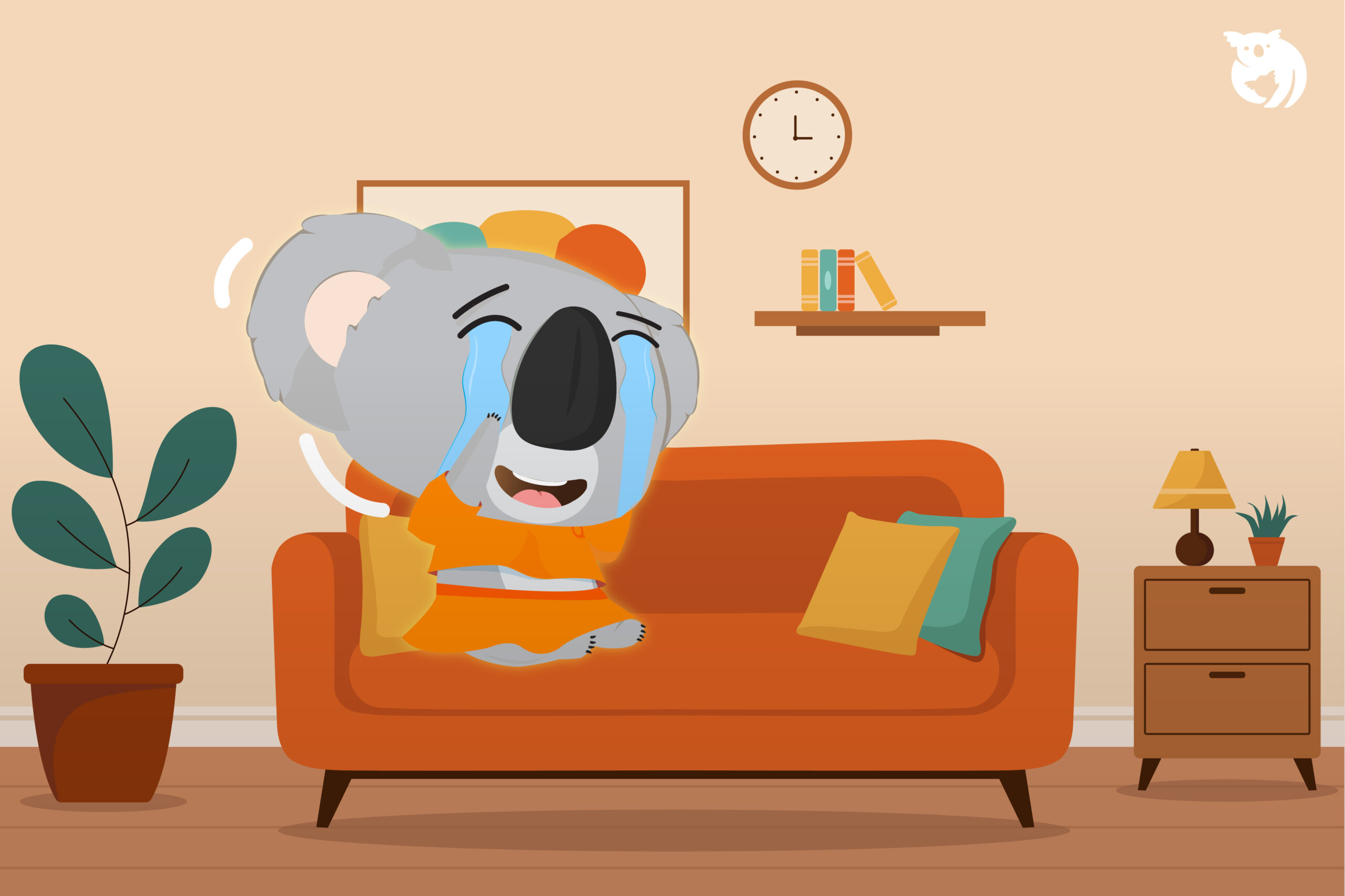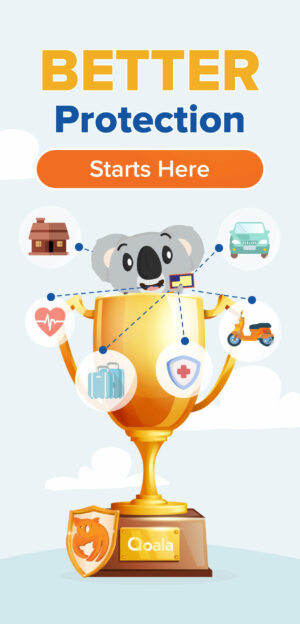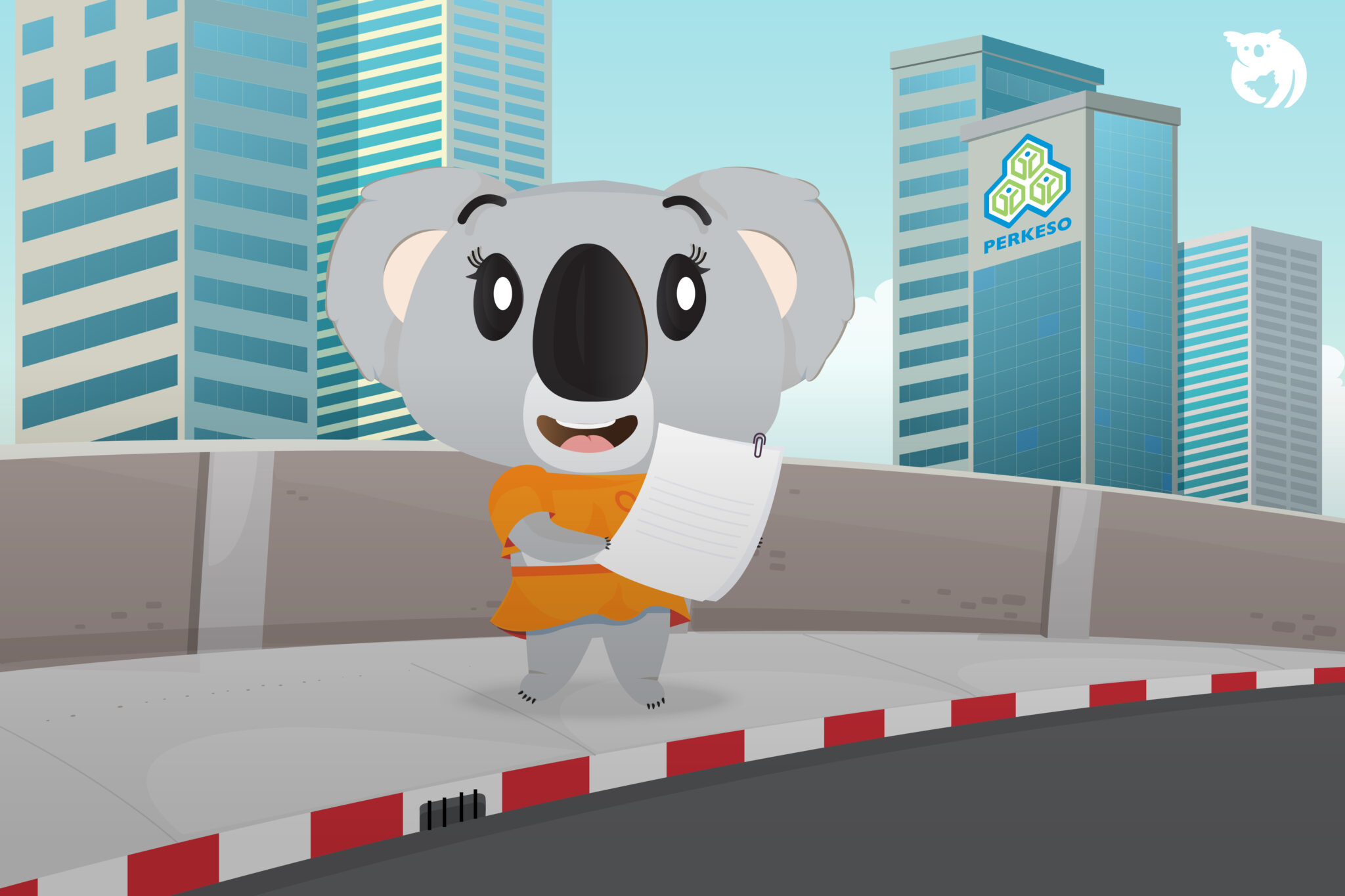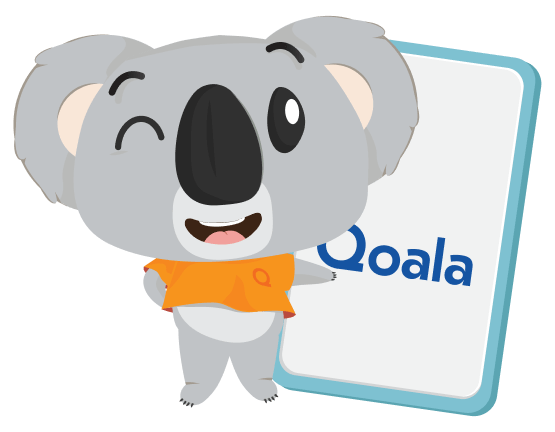Is there a panic attack treatment? Many might not be familiar with the term “panic attack,” yet it frequently occurs without being recognized. Have you ever found yourself in a situation where your heart suddenly races, your breathing becomes rapid, and you experience sudden feelings of restlessness and fear?
What Is Panic Attack?
Panic attack is a strong fear response that triggers severe physical reactions in the absence of any apparent danger or clear cause. Some of us may experience panic attacks that cause rapid heartbeat, shortness of breath, sudden sweating, and make us feel as though we are about to die.
Most individuals experience panic attacks only once or twice in their lifetime, and the problem disappears if they are no longer under stress.
However, if someone experiences repeated, unexpected panic attacks and spends a long period of time in constant fear of another attack, they may have a condition called panic disorder.
Although panic attacks themselves are not life-threatening, they can be extremely frightening and affect your quality of life. Nevertheless, available treatments can be highly effective in addressing this condition.
Panic Attack Symptoms That You Must Know
Usually, panic attacks can occur suddenly without warning. This condition can strike at any time – while driving, at the shopping center, during deep sleep or even in a business meeting. You may experience panic attacks occasionally or they may happen more frequently.
Panic attacks have various variations, but symptoms usually peak within several minutes. You may feel tired and exhausted after the panic attack subsides. Panic attacks typically have several symptoms, such as:
- Feeling like danger is coming;
- Fear of losing control or dying;
- Rapid, pounding heart rate;
- Sweating;
- Trembling or shaking;
- Shortness of breath or a tight feeling in your throat;
- Chills;
- Hot flashes;
- Nausea;
- Stomach cramps;
- Chest pain;
- Headache;
- Dizziness or feeling faint;
- Numbness or tingling sensations;
- Feeling detached.
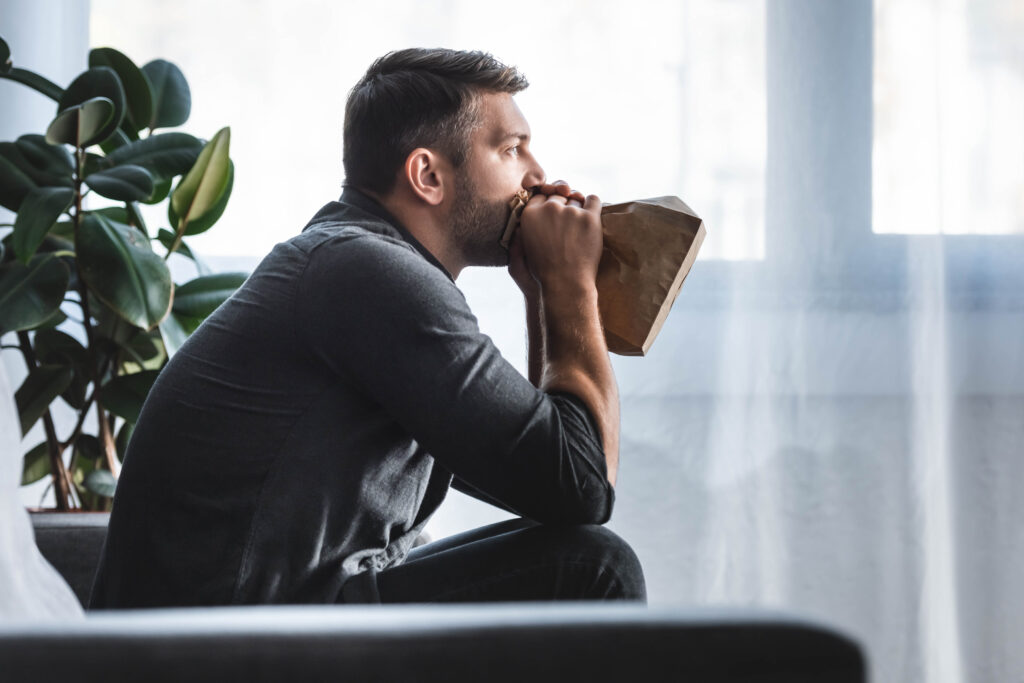
Panic Attack Causes
There is no definite term for what causes panic attacks, but the following factors may play a role if an individual experiences panic attacks repeatedly.
- Genetics;
- Major stress;
- Behavior that is more sensitive to stress or exposed to negative emotions;
- Certain changes in how certain parts of the brain function.
Panic attacks can occur suddenly without any warning. It is usually triggered by specific situations. Some studies suggest that the body’s natural response to a perceived threat influences panic attacks.
For example, if a dog chases you, your body will automatically respond. Your heart rate and breathing rate will increase because your body is preparing for a life-threatening situation. Many of the same reactions occur during a panic attack.
However, it is unknown why panic attacks occur when there is no clear danger present. Factors that can increase the risk of experiencing a panic attack or panic disorder include:
- History of panic attacks or panic disorder in the family;
- Major life stressors, such as the death or serious illness of a loved one;
- Traumatic events, such as sexual assault or a serious accident;
- Major life changes, such as divorce or having a child;
- Excessive caffeine intake or smoking History of physical or sexual abuse during childhood.
Panic Attack Treatment, 4 Ways for You to Consider
Don’t worry, there are several ways to treat panic attacks. The treatments given can reduce the intensity and frequency of your panic attacks and improve your functioning in daily life. Here are some of the recommended treatments. Additionally, a healthy lifestyle can help in dealing with panic attacks.
1. Avoid Smoking, Alcohol, and Caffeine
Cigarettes, alcohol, and caffeine have been known to trigger panic attacks in individuals who are susceptible to them. These substances can stimulate the nervous system and increase heart rate and blood pressure, leading to physical symptoms similar to those experienced during a panic attack.
Nicotine in cigarettes can also cause feelings of anxiety and nervousness, while alcohol can disrupt the body’s natural balance and create a sense of unease. Caffeine, found in coffee, tea, and some sodas, can cause jitters and increase feelings of anxiety, especially in high amounts. It is important for individuals who are prone to panic attacks to avoid or limit these substances in their diet and lifestyle to minimize the risk of triggering an attack.
2. Exercise
Regular exercise has been shown to have numerous mental health benefits, including reducing the risk and severity of panic attacks. Exercise helps to release endorphins, which are natural mood enhancers that can help reduce stress and anxiety levels. Additionally, exercise can improve overall physical health, which can lead to greater feelings of well-being and confidence.
Even a moderate level of physical activity, such as taking a daily walk, can make a significant difference in reducing the frequency and intensity of panic attacks. However, it is important to consult with a healthcare professional before starting any exercise program, especially if you have a history of heart disease or other health conditions that may be impacted by physical activity.
3. Psychotherapy
Psychotherapy, particularly cognitive-behavioral therapy (CBT), is an effective treatment option for panic attacks. Through therapy sessions, patients can learn that panic symptoms are not harmful and gradually recreate the symptoms of panic attacks in a safe and controlled manner. Successful psychotherapy treatment can help patients overcome their fear of situations they have avoided due to panic attacks.
4. Medication
Medication can also help reduce symptoms associated with panic attacks. Several types of medication have been proven effective in managing panic attack symptoms, including:
- Selective serotonin reuptake inhibitors (SSRIs). Generally safe with low risk of serious side effects. SSRI antidepressants are usually recommended as the first-line medication for treating panic attacks. FDA-approved SSRIs for the treatment of panic disorders include fluoxetine (Prozac), paroxetine (Paxil, Pexeva), and sertraline (Zoloft).
- Serotonin and norepinephrine reuptake inhibitors (SNRIs). These medications are another class of antidepressants. The SNRI drug called venlafaxine hydrochloride (Effexor XR) is FDA-approved for the treatment of panic disorders.
- Benzodiazepines that are FDA-approved for the treatment of panic disorders include alprazolam (Xanax) and clonazepam (Klonopin). If seeking care in an emergency room for a panic attack, you may be given benzodiazepines to help stop the attack. Benzodiazepines are usually used only for the short term. Since these drugs can be habit-forming, they are not a good choice if you have problems with alcohol or drug abuse. These medications can also interact with other drugs, causing dangerous side effects.

How to Respond to a Sudden Panic Attack?
If you experience anxiety or a panic attack, try the following:
- Take slow, deep breaths: When you feel your breathing getting faster, focus your attention on your breathing with each inhale and exhale.
- Acknowledge and accept what you’re experiencing: If you’ve ever experienced anxiety or a panic attack, you know it can be very scary. Remind yourself that the symptoms will pass and you’ll be okay.
- Practice awareness: Awareness-based interventions are increasingly used to treat anxiety and panic disorders. Awareness is a technique that can help you focus on the present moment. You can practice mindfulness by actively observing your thoughts and sensations without reacting to them.
- Use relaxation techniques: These techniques include guided imagery, aromatherapy, and muscle relaxation. If you experience symptoms of anxiety or a panic attack, try doing things that can help you calm down. Close your eyes, take a bath, or use lavender essential oil, which has a relaxing effect.
Additionally, if you’re looking to get the best health insurance, visit the Qoala website for more information. Qoala provides a range of medical and health insurance products from several of the best and most popular insurance companies in Malaysia, with a guarantee of an easy, fast, and secure process. Moreover, you can also get car insurance, motorcycle insurance, and home insurance at Qoala!

 EN
EN
 MY
MY

